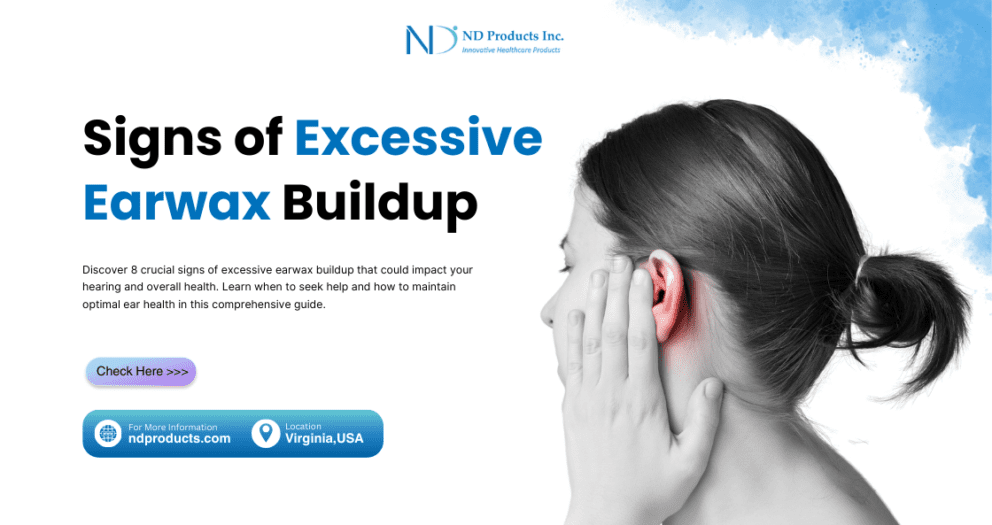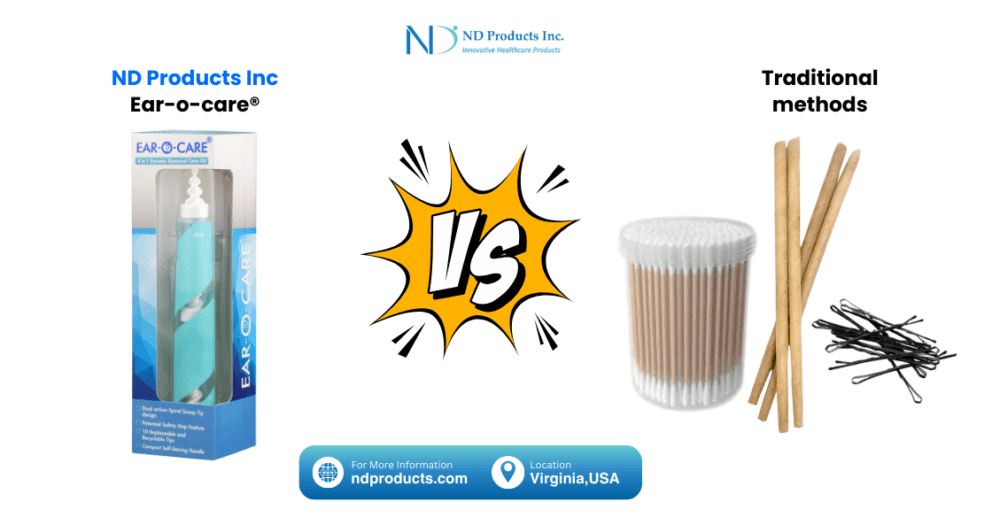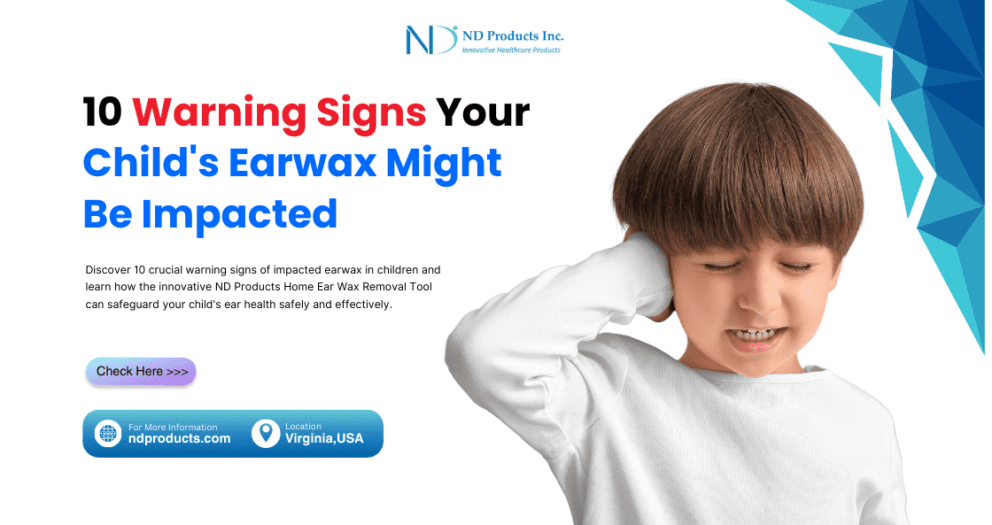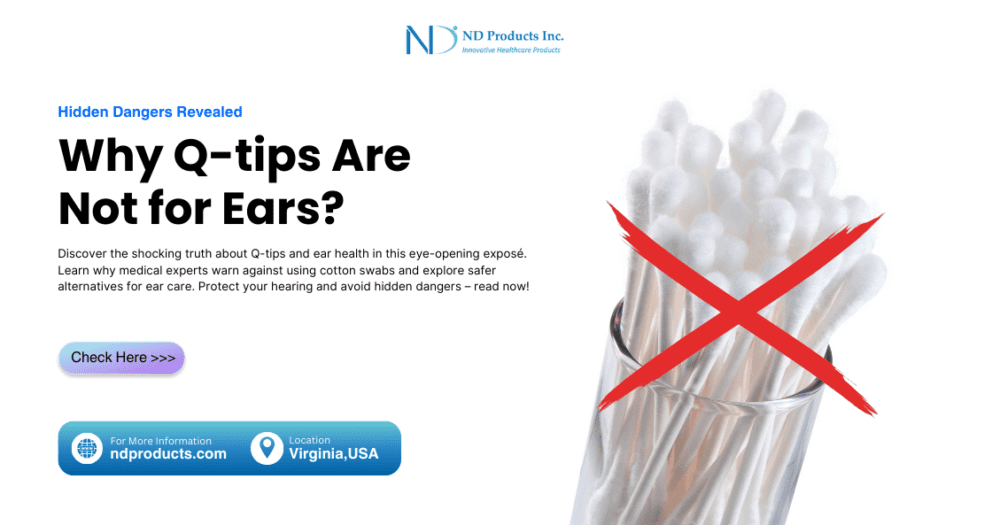Introduction
Earwax is that sticky stuff we sometimes find in our ears. While it might seem annoying, earwax is actually important for keeping our ears healthy. In this article, we’ll look closely at what earwax is for, what it’s made of, and how to handle it. Get ready to learn 7 surprising facts that will change how you think about earwax!
The Amazing World of Earwax
1. What Exactly is Earwax?
Earwax, also called cerumen, isn’t just a useless substance. It’s a complex mix of stuff made by glands in the outer ear canal. Earwax is made up of dead skin cells, hair, and various secretions like lipids, alcohols, and squalene.
2. The Protective Power of Earwax
Earwax is like a natural shield for our ears. It blocks dust, dirt, and harmful germs that could damage the ear canal. Earwax also has properties that help prevent ear infections. A study in the Journal of Laryngology and Otology found that earwax can stop the growth of some bacteria and fungi.
3. Self-Cleaning Ears: Nature’s Ingenious Design
Here’s a surprising fact: your ears clean themselves! The skin in your ear canal grows outward in a spiral pattern, which pushes old earwax toward the opening. Chewing and talking also help move the wax out naturally.
4. Earwax Types: Are You Wet or Dry?
Did you know that earwax comes in two types: wet and dry? Which type you have depends on your genetics. People of East Asian descent usually have dry earwax, while those of African or European descent typically have wet earwax. Surprisingly, the type of earwax you have can even affect your body odor!
5. The Dangers of Over-Cleaning
While it might be tempting to clean your ears often, too much cleaning can be harmful. Using cotton swabs or other objects to remove earwax can push it deeper into your ear, causing blockages or even damaging your eardrum.
6. When Earwax Becomes a Problem
For most people, earwax isn’t a problem. But sometimes, too much earwax can cause issues like hearing loss, ringing in the ears, or ear pain. If you have these symptoms, it’s important to see a doctor instead of trying to remove the wax yourself.
7. The Link Between Earwax and Emotional State
Surprisingly, research has found that earwax can change depending on how someone feels emotionally. A study in the journal Stress found that people under stress had more cortisol, a stress hormone, in their earwax. This discovery suggests new ways to test stress levels without invasive methods.
Frequently Asked Questions About Earwax
Q: How often should I clean my ears?
A: Some people’s ears clean themselves naturally and don’t need regular cleaning. However, if you think you have too much earwax, it’s best to find safe device to clean it or see a healthcare provider for safe ways to remove it.
Q: Can earwax affect my hearing?
A: Having a normal amount of earwax usually doesn’t affect hearing, but too much buildup can sometimes cause temporary hearing loss. If you notice sudden changes in your hearing, it’s important to get medical advice.
Q: Is it safe to use ear candles for wax removal?
A: No, ear candling is not a good idea. The FDA warns that it can cause serious injuries like burns, blockages in the ear canal, and tears in the eardrum.
Q: Can earwax tell us anything about our health?
A: Yes, surprisingly! Changes in the color or texture of earwax can sometimes signal underlying health problems. For instance, very dark or bloody earwax might indicate an injury, while a strong smell could suggest an infection.
Conclusion:
As we’ve learned, earwax is much more than a minor annoyance. It plays a crucial role in our body’s defense system, safeguarding our ears and keeping them healthy. Understanding the purpose and makeup of earwax allows us to value this often-overlooked bodily substance and make informed choices about ear care.
Remember, when it comes to earwax, less meddling is often best. Trust in your body’s natural processes and seek professional assistance only if you have persistent issues. By respecting the delicate balance of our ears, we can maintain excellent ear health for years to come.
So, before you reach for that cotton swab next time, reconsider! Your earwax could be benefiting you more than you ever imagined.
Also Read: Are Cotton Swabs Safe for Cleaning Earwax?





